Sale & Purchase
Whether you're a layman looking to understand your own transaction or a lawyer needing assistance with a client's conveyancing our step by step sale and purchase guides will lead you through the process while our mini guides will break the whole thing into manageable chunks and give a deep insight into the key issues and stages. Leasehold, freehold, unregistered, registered – we've got it all covered.
Pre-Exchange
Post-Exchange
Overview
Documents & Guides
- Board Minutes And Resolut...
- Contract - Registered Land
- Contract - Unregistered L...
- Contract - Unregistered L...
- Deed Of Variation For Ren...
- Epitome Of Title
- Fixtures, Fittings & Cont...
- Flat Lease - Specimen
- Guide To Standard Conditi...
- House Lease - Specimen
- Leasehold Contract
- Leasehold Example Enquiries
- Leasehold Information Form
- National Conditions Of Sa...
- Notice Of Assignment
- Notice Of Assignment & Ch...
- Property Report
- Purchase Completion State...
- Rentcharge Deed Of Covena...
- Replies To Requisition On...
- Requisition On Title
- Sale Completion Statement
- Sample Drainage Search Re...
- Sample Office Copy Entries
- Sellers Property Informat...
- Statutory Declaration As ...
- Statutory Declaration As ...
Remortgages & Transfers
Need help with a remortgage or transfer of equity / deed of gift? Our guides will walk you through the process and highlight some of the common pitfalls. Mortgages and transfers can be very simple procedures but complex issues can sometimes arise and mistakes are easily made. These guides will help you deal with them.
Remortgages
Transfers & Gifts
Documents & Guides
DIY Conveyancing / General
So you want to have a go at your own conveyancing? First you should read about the risks, then if you're still happy to proceed, our guides will take you through each stage of the process telling you what to look out for and helping you avoid falling into expensive traps. Our subscription service will give you access to all of the documents you should need for your conveyancing and we can even supply you with the Land Registry Official Copies you'll need. Our general guides will cover all the obstacles you are likely to face and offer a practical solution. Have a look at our sale and purchase guides too.
General Guides
Conveyancing Searches
A big part of the conveyancing process is the conveyancing searches. This section tells you all about them. What they are, how and when to order them and how to interpret the results. Each search has its own guide and you'll see they are separated into Standard (should be done in every case), Regional (area specific) and Optional (not essential but often useful tools for the would be purchaser). All buyers should beware that when you buy a property, the law assumes that you have seen the information that would have been revealed by searches whether or not you have actually carried them out, so you buy the property subject to the results.
Standard
Regional
Optional
Quote Request
Using a conveyancer to handle your conveyancing will greatly reduce the risk to you and sometimes, particularly if you are taking out a new mortgage, you will have no choice but to instruct a conveyancer. The good news is it doesn't have to break the bank. Get a free, instant quote here. We can also help with quick easy quotes for other moving related services.
Order
Are you looking for the documents you'll need for your conveyancing transaction? Or official copies of the title or other documents from Land Registry. We can help you. Follow the links below.
Professional Services
Documents & Resources
DIY Conveyancing / General
-

Powers of attorney
A power of attorney is a deed by which one person ("the Donor") grants the attorney ("the Donee") the right to perform certain functions in place of the Donor. Powers of attorney can be useful when the Donor is unable to sign documents or give instru...
-

Order Searches
Order a Range of Conveyancing Searches incl. Local Authority, Environmental and Water & Drainage...
-

Database of Documents
Our extensive list of all conveyancing documents, guides and resources that can be viewed and ordered. The database of conveyancing guides can be searched by category type and sorted quickly and easily for ease of use. ...
-
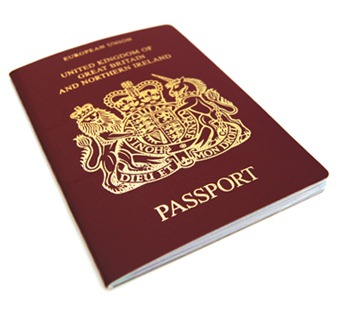
Land Registry ID Requirements
It has always been incumbent upon conveyancers to take steps to identify clients and to be reasonably satisfied as to the identity of any unrepresented party to the transaction to ensure that they do not become involved in any fraud or other criminal...
-
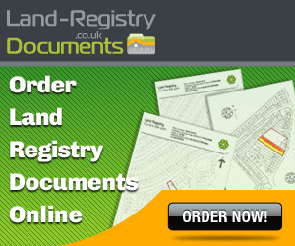
Order Land Registry Documents
The Land Registry is the government department responsible for maintaining records of all registered land in England & Wales. As registration has been compulsory in all areas following a change of ownership since 1998 (and for much longer in many...
-

DIY Conveyancing Risks
It is not the intention of this page, or indeed this site, to either attract people to or deter them from carrying out their own diy conveyancing transactions without instructing a solicitor. I merely wish on this page to give a balanced view, pointi...
-
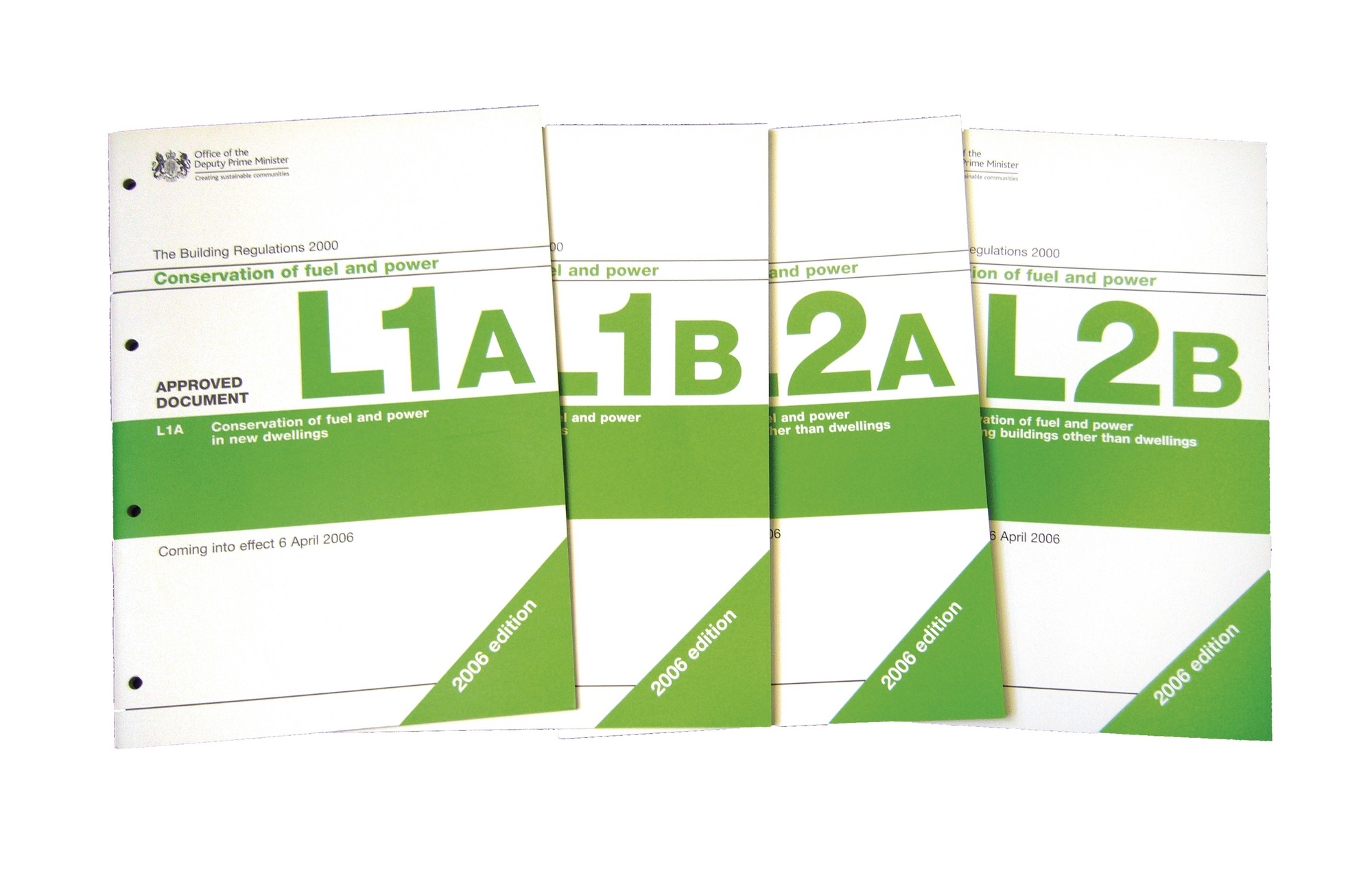
Building Regulations Conveyancing
When is Building Regulations Approval Required? According to section 1 of the Building Act 1984, any work which involves the design and construction of buildings (which includes extensions and alterations to an existing building), the demolition of b...
-

Common Title Defects
What is a "Defective Title"? A title can be considered defective if there is something missing from it, or something within the title that should not be. This might be a missing right of way, a piece of land that forms part of the physical property b...
-
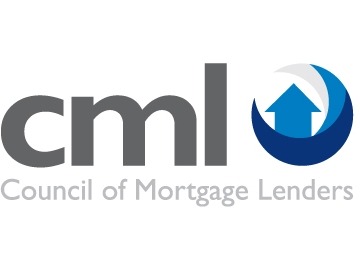
Council of Mortgage Lenders CML Handbook
The CML Handbook is a set of standard instructions from mortgage lenders to solicitors when dealing with conveyancing transactions. The CML handbook is issued by the Council of Mortgage Lenders (CML) and applies only to those lenders who are members ...
-
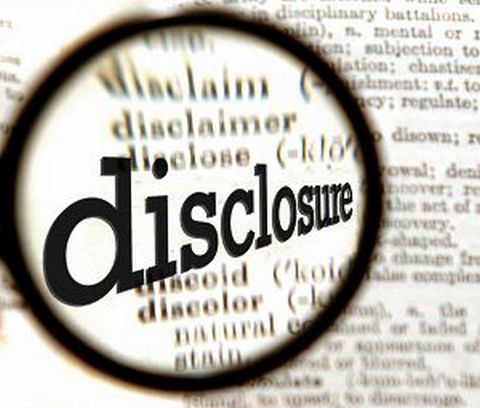
Disclosable Overriding Interests
What is an Overriding Interest? An overriding interest is any interest in land which "overrides" registration, i.e. it is still valid and enforceable against land even though it is not registered against the land's title. Examples of overriding ...
-

How to Find Solicitors
Whether you are selling or buying your property in England and Wales, you'll probably need to find solicitors to deal with the conveyancing. Most of us have little or no contact with the law in our daily lives so the idea of having to find solicitors...
-

Legal Indemnity Insurance
What is legal indemnity insurance? Legal indemnity insurance is obtained in order to offer protection to a buyer (and a lender) where there is a defect in the title which cannot be resolved. In theory indemnity insurance should only be used as a last...
-

Planning Permission
Introduction to Planning Permission The conveyancer has a duty when acting for a lender, in accordance with the CML handbook, to ensure that all necessary planning permissions and building regulations approvals have been obtained in respect of the co...
-

Notices and Restrictions
What is a Notice? A notice is an entry which appears in the Charges Register (with the exception of a Bankruptcy Notice) of the Official Copies and which protects the priority of a third party interest in the property against the affect of a "disposi...
-
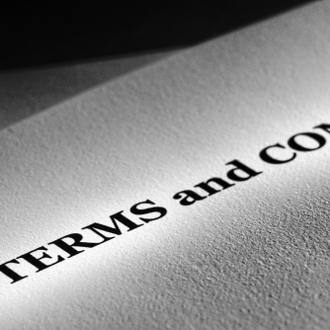
Useful Transfer Clauses
Useful Transfer Clauses The transfer deed is the document that is used to transfer legal ownership of land in England and Wales. One of the prescribed forms produced by H M Land Registry must be used. These are: TR1 (Transfer of whole of a single...
-

Fire Safety Act 2021: What you need to know
The Fire Safety Act 2021 introduced a number of changes to the Regulatory Reform (Fire Safety) Order 2005 (“RR(FS)O”), the most important of those (for conveyancers) being the amendment to article 6. Article 6 describes the extent to whic...





